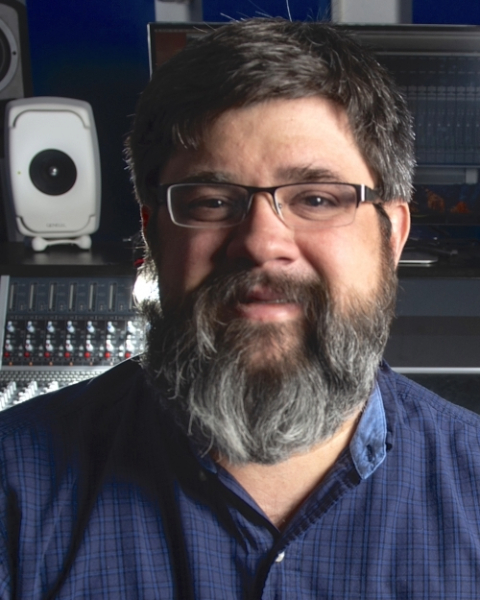994 Journeys

Research and Economic Development has planned a great line-up of researchers to share their "994 Journeys" in 2025-2026. During these sessions, we ask our speakers to "tell their story" -- which usually includes some fun background, where they trained, how they came to MSU, and a few key highlights on their research and scholarship.
All presenations take place at 4:00pm and will be held in SUB 233
Monday, March 30, 2026
Monday, March 30, 2026

Jason Bolte
Jason Bolte is a composer and educator. He currently resides in Bozeman with his wife Barbara, their two beautiful daughters, and dog Allie. Jason teaches music technology and composition at MSU and he serves as the Director of the School of Music. Jason earned a B.M. with an emphasis in Music Engineering Technology and a M.M. in Music Composition from Ball State University. He holds a D.M.A. in Music Composition from the University of Missouri - Kansas City, Conservatory of Music and Dance, where he was a Chancellor’s Doctoral Research Fellow, a Dean’s Doctoral Fellow, and an Ovation Scholar. Jason’s music explores the North American mountain west, modular synthesis and live performance, intersections of music, art, and science, and other compelling spaces. His music has been performed and presented around the world by Ensemble Dal Neinte, A/Tonal Ensemble, Maverick Ensemble, Elektramusic, junctQín, NewKeys, Alcome, and the NYU New Music Ensemble, among others.
